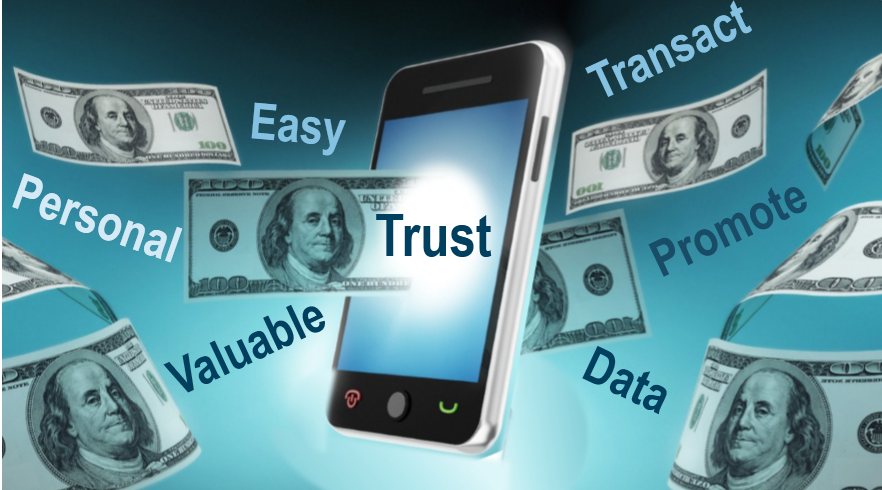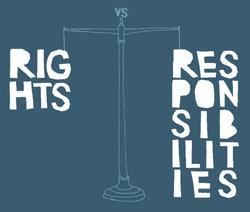9 Elements of Digital Citizenship
1. Digital Access

Focuses on fully electronic participation in society. Users have to be mindful that not everyone has the same opportunities when it comes to technology. The formation of Digital Citizenship is to work towards equal digital rights and support electronic access. Helping to provide and expand technology is one of the main goals of digital citizens. To become successful citizens, we need to commit that no one is denied digital access.
2. Digital Commerce

This part of the digital citizenship sector focuses on buying and selling of good electronically. Legitimate and legal exchanges are occurring often but the buyer as well as the seller needs to be aware of the issues associated with it. Recently, the mainstream availability of Internet purchases such as toys, clothes, cars and etc has been common but at the same time, immense amounts of goods and services are in conflict with the obligations or morals of some countries ( ex. illegal downloading, gambling and etc). As citizens we have to learn about how to be effective consumers in a new digital economy.
3. Digital Communication

Talks about the electronic exchange of information. As technology grew rapidly, communication options have also exploded and offered a variety of options such as cell phones, e-mail, messaging. The expansion of digital communication has changed everything because people across the world can now keep in touch with their friends, family or cousin. But sadly, some people have not been taught the proper way to make appropriate decisions when faced with a variety of digital communications options.
4. Digital Literacy

It is the process of learning and teaching about technology and the use of technology. Learners must be taught anything at anytime and anywhere. New technologies are finding their way into work are not being used efficiently at school (e.g. videoconferencing, online hearing spaces). Therefore, as new technologies emerge, learners should learn how to use that specific technology quickly and appropriately.
Subtopic
9. Digital Security
(self-protection)

In any society, there are people who steal, deface, or disrupt other people. The same goes for in the digital world. We need to have virus protection, backups of data and surge control of out equipment to ensure safety and security. As digital citizens, we should protect our information from outside forces that might cause disruption or harm and also take electronic precautions to guarantee safety.
8. Digital Health and Wellness

Eye safety, repetitive street syndrome and other more are issues that should be addressed in the new digital world. Users need to be taught that they need to be concerned about their physical and psychological well-being in a digital world. Such issues can be avoided by teaching users how to protect themselves through training and education.
7. Digital Rights
and Responsibilities

Focuses on the Freedom of Rights and Responsibilities of everyone in the digital world. Digital citizens have basic rights of privacy, free speech and etc and responsibilities of using the technology appropriately. These rights must be addressed, discussed and understood.In the digital society, these two areas must work together for everyone to be productive.
6. Digital Law

Citizens are electronically responsible for actions and deeds. It deals with the ethics of technology within a society. We need to understand that stealing or causing damage to others hard work, identity, or property online is a serious offense. There are certain rules that apply to people and should be aware of in a ethical society. These laws applies to anyone who works or plays online. Hacking, plagiarizing, seeing spam or stealing one's property is immoral.
5. Digital Etiquette

Focuses on electronic standards of conduct or procedures. Spotting inappropriate behaviour is easy but before people use technology they do not learn digital etiquette such as appropriate conduct. Frequently, rules and regulations are created so that the technology is simply banned to stop from inappropriate usage. To generate rules and policy, we must teach everyone to become responsible digital citizens in this society.
